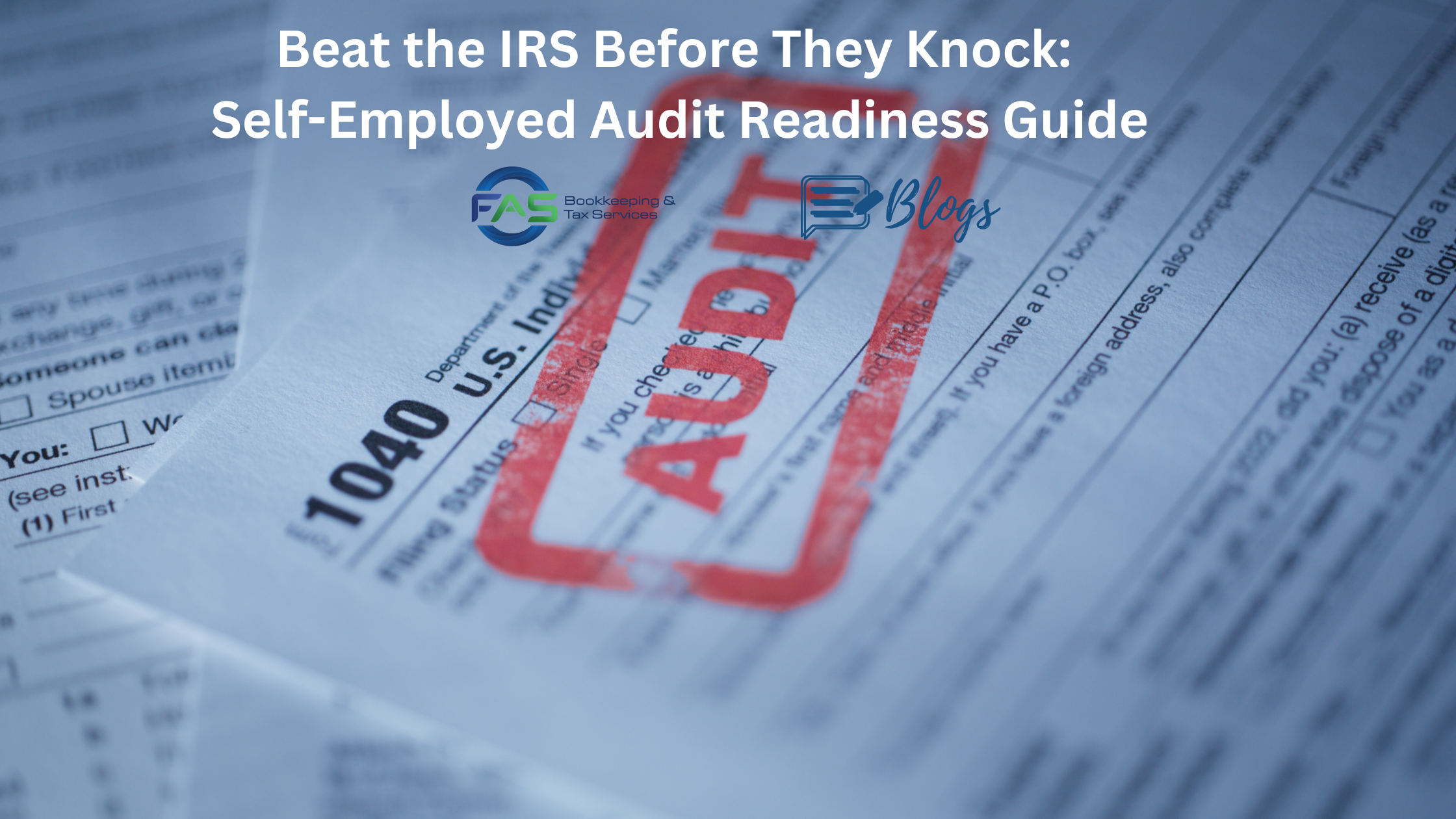There are tons of jargons and terms filling the business world. As an entrepreneur, you have to know and understand the most important financial terms to better manage your business.
-
Bank Reconciliation

Bank reconciliation is the process of matching the transactions showing on the bank statement as against the transactions showing on the books to ensure the completeness and accuracy of the financial information.
It is a good practice to establish proper segregation of duties, that is separate the person responsible for the recording of transactions from the person preparing the bank reconciliation. This is to ensure that any unreconciled and unmatched items are captured, reported and investigated for appropriate action.
This is considered as one of the internal control procedures that the business owner must establish in their business to safeguard their most prone asset to fraud, that is cash.
-
Cash Flow Statement

A cash flow statement shows the sources and uses of funds. There are three components of cash flow: operating, investing and financing. The cash flow statement, just like the balance sheet, is more complex compared to the profit & loss statement.
However, it is important for the business owner to understand this so they can take proper action to achieve a healthy cash flow position. One best practice is to establish a weekly or monthly cash flow projection to help business owner foresee the period where they have a shortfall in cash so they can plan and take action appropriately.
-
Current Ratio

Current ratio measures the ability of the company to meet its short-term obligation. It is calculated by dividing the current asset to the current liability. This is one of the financial ratios that Investors and lenders look at when making a loan decision.
-
Variable Costs

These are the costs that are directly associated with producing your products. The more you produce, the more the cost and the less you produce, the less the cost. It is the reason why your current production expense is either greater or lesser than in the previous months.
Having a clear understanding of variable costs is necessary for you to come up with a strategy to gauge the profitability you desire. Since variable cost is dependent upon the planned number of products to be manufactured, decreasing the variable cost may be an option to increase your profit.
-
Working Capital

The working capital of your business is that part of your capital which you use to fund your day to day operations. The working capital shows how quickly you make profit and use it in addition to your day to day fund.
Selling your products with outright payment increases working capital but selling them on account will lead you into a tight position in which may put pressure on your cash flow.
-
Asset

Assets are the properties you bought and currently own which are intended to support your business operations.
As a business owner, you are to determine what assets to acquire to support your business operations and increase the value of your business.
-
Liabilities

Liabilities are your legal obligations to another party. These are the claims other parties have against your business as a result of borrowed funds or purchases assets or for business expense. You borrow money from financial institutions when you have insufficient funds to support business operations.
-
Bottom Line

Bottom line is the term used to denote the profitability of a business. It is actually your net profit or loss during your business operations after deducting all of your business expenses. The bottom line of a business is generally used to reflect the effects of strategic plans on its overall profitability.
-
Income Statement

This is the statement that summarizes the financial aspect of your business operations during a specific period of time. It shows details about how much your customers paid you in total, the worth of the products you sold and how much you gained from selling it. Furthermore, it also exemplifies the specific expenses related to producing your products.
The income statement is generally the basis for formulating new strategies and decision making. You base your decision on the income statement for it shows the effectivity of previous strategies you executed.
-
Accounts Receivable

Accounts receivable is the amount customers owe to your business. This is the amount your business has the right to collect from customers who already received the goods or services without paying an equivalent amount.
A strategy you can implement to increase your sales is to sell your products on credit than selling on cash basis. Therefore, appropriate policies are recommended to maximize earnings.
-
Depreciation

Depreciation is the estimate on how much your asset has been worn out over a period of time. It is the proportionate decrease in the value of your assets due to constant use since the first time it is employed in your business operations.
-
Capital

While working capital is for the day to day operations of a business, capital supports a much longer period of business operations. Your capital consists of the initial amount in establishing your business as well as the accumulated profit from business operations over many periods of time.
Your income, as well as additional investment to your business, increase the capital and the amounts you withdraw for personal use and your business expenses decreases it. Since the capital is the aggregate value of your business, improving the capital means improving the overall equity of your business.
Understanding finance terms is beneficial not only for the financial aspect of the business but also in gauging up long-term plans and goals. If there are more terms that sounds estranged to you our firm is more than happy to explain further and share our insights.





